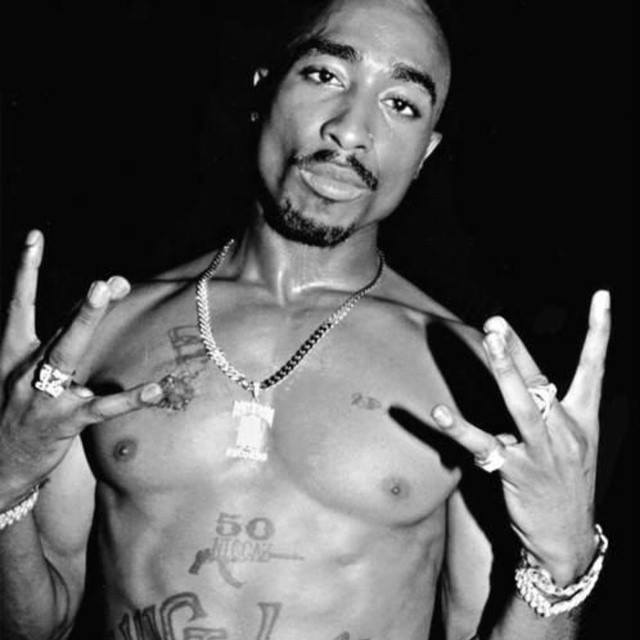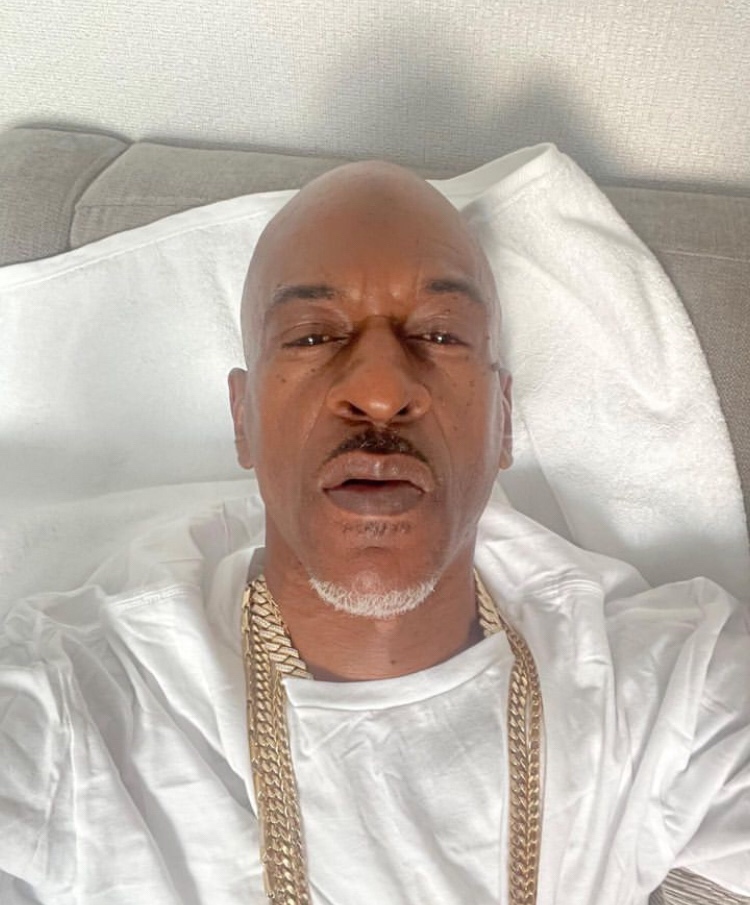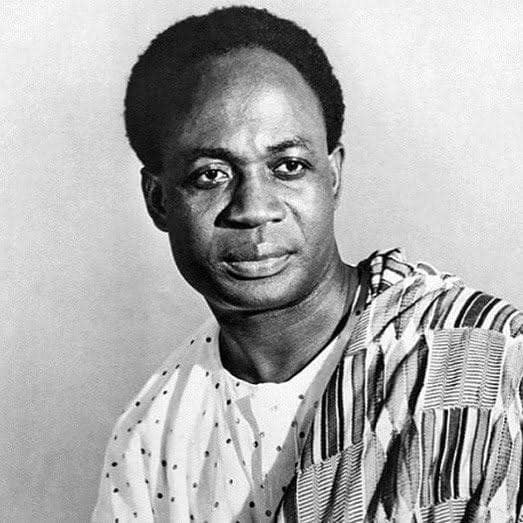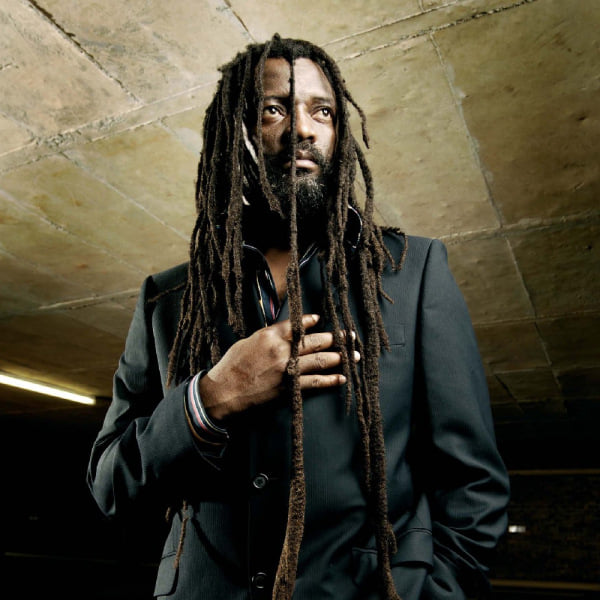
Biography of Tupac
Tupac Shakur, often referred to as 2Pac, was a charismatic and enigmatic figure whose impact on the world of hip-hop and beyond remains unparalleled. This blog post aims to delve into the life, struggles, and legacy of one of the most influential and controversial artists of the 20th century.
Early Life:
Born on June 16, 1971, in East Harlem, New York, Tupac Amaru Shakur was named after Túpac Amaru II, an 18th-century political leader in Peru. Raised by his activist mother, Afeni Shakur, Tupac’s early life was marked by a mix of political consciousness and artistic expression. His family’s frequent moves exposed him to the challenges of inner-city life, ultimately shaping his worldview and inspiring his later work.
Rise to Fame:
Tupac’s journey into the world of entertainment began as a rapper and actor.
In 1991, he joined the hip-hop group Digital Underground, contributing to their hit single “Same Song.” His debut album, “2Pacalypse Now” (1991), showcased his raw talent and addressed social issues, earning both praise and controversy. Tupac’s lyrics were a reflection of his experiences and a call for social justice.
READ ALSO: 2Pac – Letter 2 My Unborn
Acting Career:
In addition to his music career, Tupac found success in acting, starring in films like “Juice” (1992), “Poetic Justice” (1993), and “Above the Rim” (1994). His performances demonstrated his versatility and added to his growing influence in the entertainment industry.
Controversies and Legal Troubles:
Tupac’s life was marred by legal troubles, including arrests and imprisonment.
His involvement in altercations, legal battles, and his outspoken views on societal issues contributed to a tumultuous public image. Despite these challenges, Tupac’s authenticity and unapologetic approach endeared him to a loyal fan base.
East Coast-West Coast Feud:
The East Coast-West Coast hip-hop feud of the 1990s cast a dark shadow over Tupac’s career.
His conflicts with other artists, particularly The Notorious B.I.G., fueled rumors and speculation, leading to a divisive atmosphere within the hip-hop community.
Legacy:
Tragically, Tupac’s life was cut short on September 13, 1996, when he was fatally shot in a drive-by shooting in Las Vegas. His murder remains unsolved, shrouded in mystery and conspiracy theories. Tupac’s legacy, however, lives on through his music, activism, and impact on the culture.
Beyond the controversies, Tupac’s work resonates with fans worldwide, addressing themes of poverty, racism, and inequality. His influence extends beyond music, inspiring subsequent generations of artists and activists. Tupac Shakur remains an enduring symbol of resilience, artistry, and the enduring struggle for social justice. In the words of the man himself, “Reality is wrong. Dreams are for real.”







